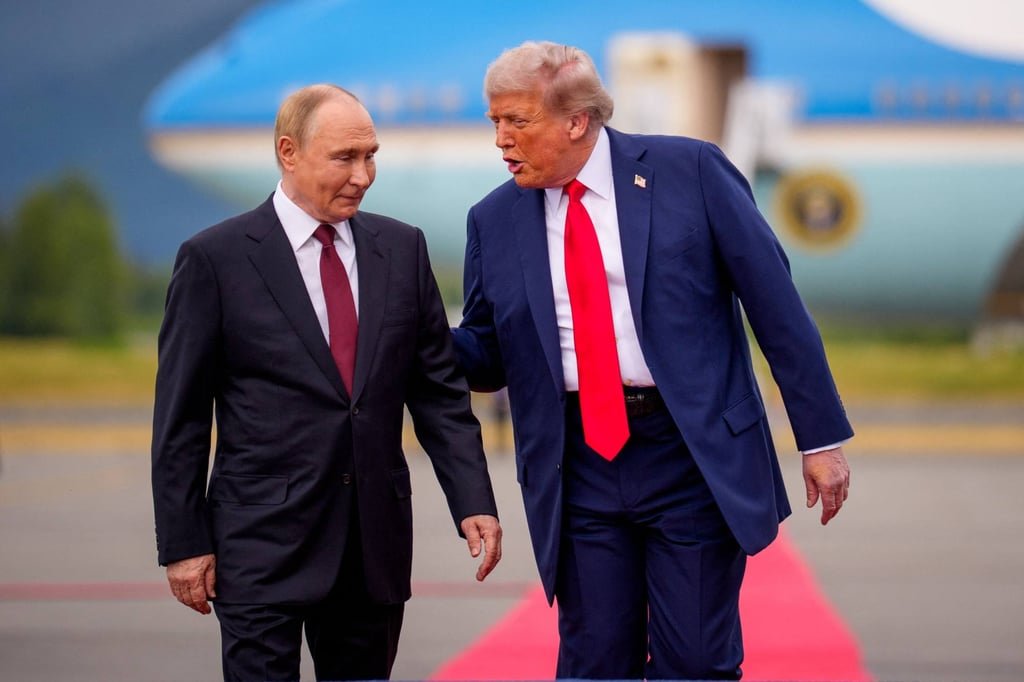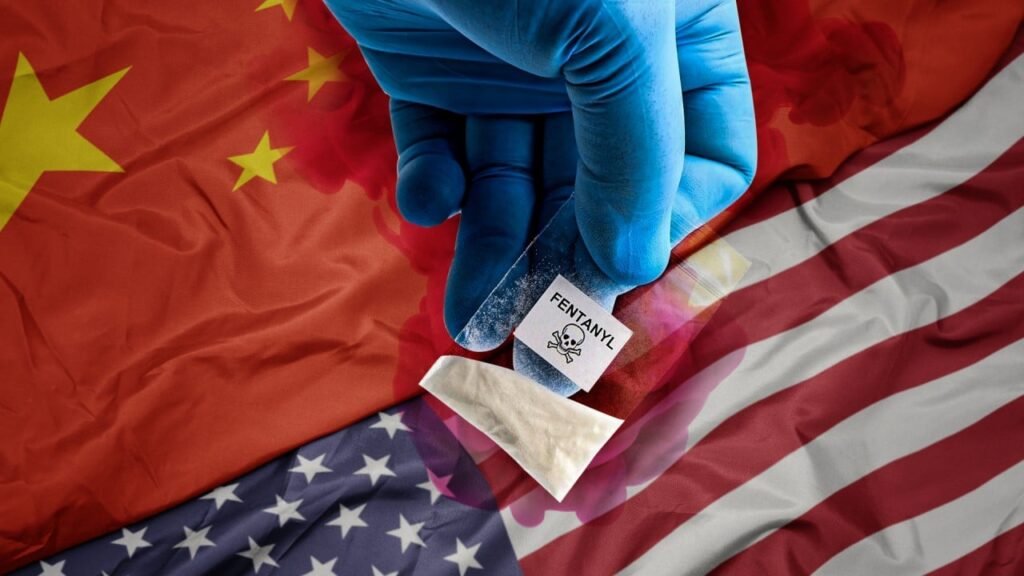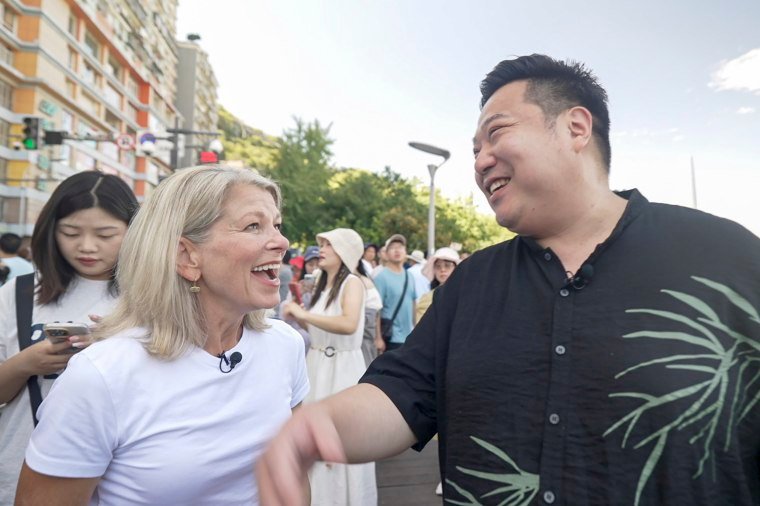While the U.S. celebrates its dominance in artificial-intelligence software, China is quietly winning the race that might end up mattering most—developing robots that wield AI in the physical world.

The U.S. should be proud of its AI achievements. The world’s strongest AI companies—from giants like Google to startups like Cursor—are American. But we are nearing what Jensen Huang calls a “ChatGPT moment for general robotics.” Imagine not AI programs that can not only write software and streamline office administration but also operate production lines, extract minerals, even prepare food. They’ll be able to learn and improve themselves as they go.
In 2015 the Chinese government released its Made in China 2025 strategy, highlighting robotics as a key area of national interest. Chinese companies have since leapfrogged the world in robot density per capita. China surpassed the U.S. in 2021, then Germany and Japan in 2023. Many Chinese companies now operate “dark factories,” staffed entirely by robots with no humans present.
China has more robots in production than the rest of the world combined—including some of the cheapest and most advanced in the world. Chinese company Unitree produces robot dogs for $1,600 and an advanced humanoid for $5,900. These aren’t cheap knockoffs. They’re sophisticated machines that have captured the global imagination.
This boom has created a flourishing robotics ecosystem within China. Advanced robots are composed of thousands of precise components; a flaw in even one could render the entire robot inoperable. For decades, only specialized firms, many of them in Germany and Japan, could produce these components.
Now Chinese companies are entering the market, often at a lower price point. They are intent on either buying their competition—as happened with the German robotics giant KUKA in 2016—or driving them out of business.
This means that China is better positioned than the U.S. to benefit when the moment Mr. Huang described gets here. And if the U.S. wants to get in the game, it won’t be able to produce these parts itself. The best case is reliance on Germany and Japan. The worst case is reliance on China.
How did China achieve this so quickly? State support was a key. Firms received subsidies to automate production, and cities and provinces have competed to attract robotics entrepreneurs. The size and depth of Chinese manufacturing has helped too: A plethora of shop-floor scenarios is crucial for effective task-specific robots.
China’s advantage also stems from an advantage the U.S. once had but doesn’t any longer. New firms and technologies enter the Chinese market rapidly. Market discipline removes weak players quickly. Regulation doesn’t hold back innovation.
The U.S. has little in the way of a robotics ecosystem. Our “permission first” regulatory regime in everything from drones to sidewalk delivery robots creates obstacles for entrepreneurs. Companies interested in robotics spend more time with lawyers than engineers. Union agreements limit adoption of automation. America’s regulatory infrastructure hasn’t been updated for competition with China.
The strategic implications are profound. As Chinese companies push competitors out of the market and benefit from the flywheel effect of deployment—more robots mean more training data, enabling wider deployment and even more data—China’s head start threatens to become insurmountable.
There’s still time to act, but not much. The U.S. needs to move fast to ease regulatory bottlenecks and create an incentive for robotics research and development. Market competition with Chinese suppliers could strengthen American firms—but only if U.S. companies have freedom to experiment and iterate.
The U.S. also needs coordinated action with allies. Germany, Japan and South Korea have critical robotics capabilities that—combined with American innovation—could form a competitive alternative to China’s integrated ecosystem. But this window is closing as Chinese companies capture market share from European and Asian incumbents.
The U.S. has been bold in defining and defending the AI software stack. It should show the same leadership in AI robotics before China’s advantage becomes unassailable. The most crucial phase of the AI race is only beginning. We need to get in the running.
Mr. Casado is a general partner and Ms. Neuberger a senior adviser at Andreessen Horowitz. She served as deputy national security adviser for cyber and emerging technology, 2021-25.







